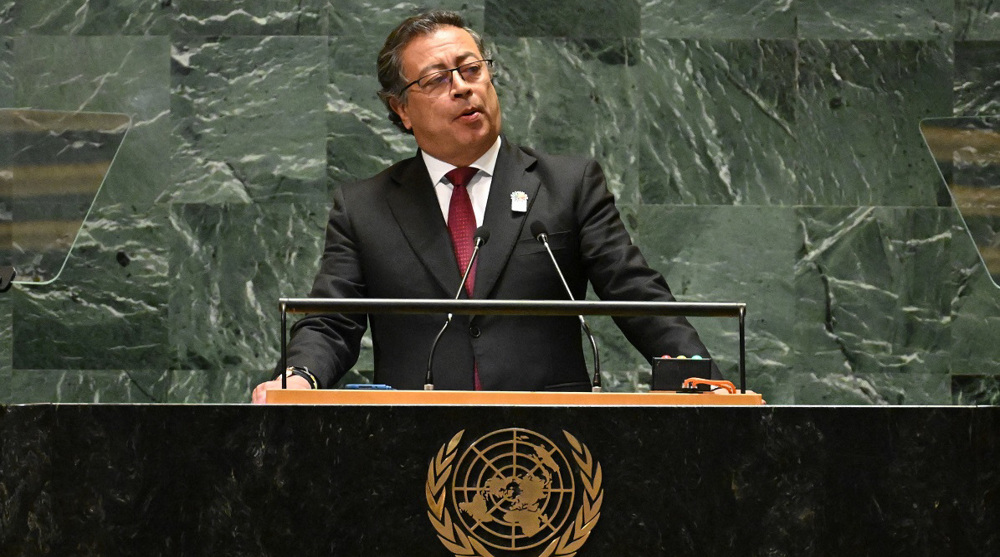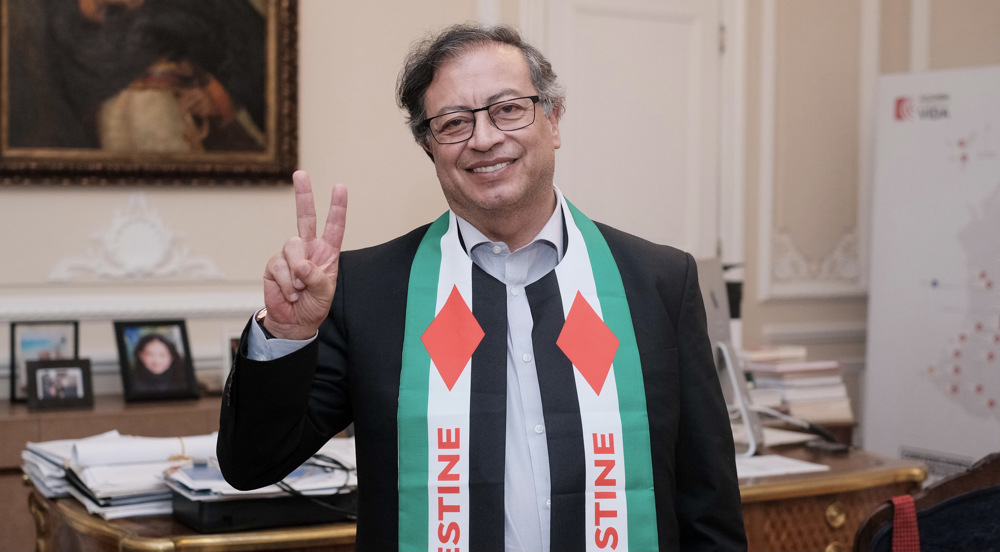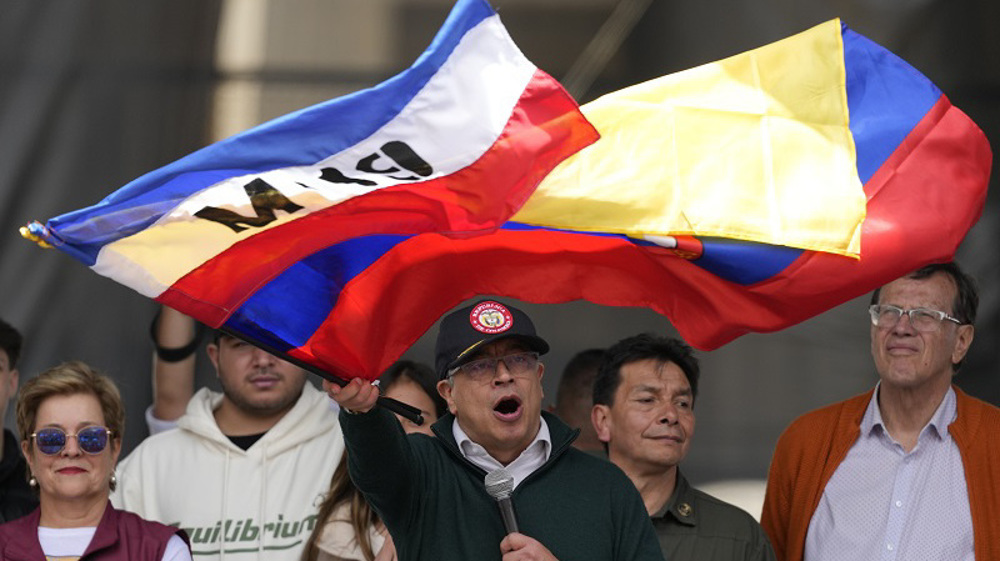Colombia, FARC rebels agree on de-escalation plan
The Colombian government and the Revolutionary Armed Forces of Colombia (FARC) rebels have come to a landmark agreement to de-escalate fighting in the country, sources say.
The Colombian government pledged in the Sunday deal to halt its military action against the rebels, who last week announced a one-month unilateral ceasefire starting from July 20, both parties said in a joint statement.
“The national government, from July 20, will launch a process of de-escalation of military action, in response to the suspension of offensive actions by the FARC,” said the statement issued in the Cuban capital, Havana, and read by Cuban and Norwegian diplomats, who have been mediating the talks.

The agreement will come into force if FARC fulfills its promised unilateral truce.
The FARC’s top negotiator in Havana expressed hope that the ceasefire would lead to the resumption of bilateral negotiations.
“This is undoubtedly a strong, promising, and hopeful re-launch of the dialogue process,” said Ivan Marquez.
His government counterpart, Humberto de la Calle, said the accord indicates that “the opportunity to end the conflict is alive.”
FARC will later decide if it will extend its ceasefire, while both sides will revisit the agreement in four months, mediators said.
Also on Sunday, Colombian President Juan Manuel Santos hailed the deal, calling it an “important step” toward a total peace agreement.
It is the first time the Colombian government has agreed to curtail its military actions against the rebels since peace talks began in November 2012 in Havana.
The negotiations have produced partial agreements on several issues, but have not resulted in a final deal.
FARC is Latin America’s oldest rebel group and has been battling the government since 1964.
Bogota estimates that 220,000 people have been killed and more than 4.5 million others have been displaced due to the FARC insurgency.
Iran’s economy grew 2.7% y/y in Sep quarter: CBI
VIDEO | Freelancers in Gaza strive to stay online amid genocide
Mikati demands Israel's withdrawal from south Lebanon
Yemeni army strikes Israeli military sites with drones
‘Clock ticking’: UNRWA slams unjustifiable killing of children in Gaza
BP to be sued in Britain for supplying oil to Israel
VIDEO | Press TV's news headlines
Israeli strikes on north Gaza hospital ‘extremely dangerous, terrifying’: Director










 This makes it easy to access the Press TV website
This makes it easy to access the Press TV website